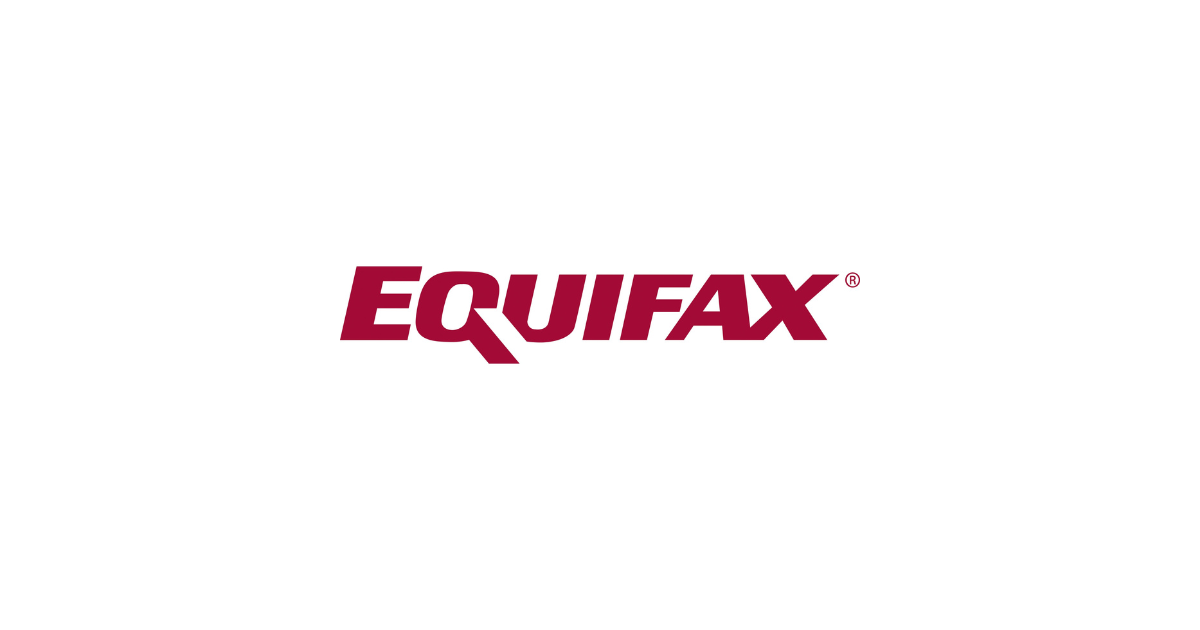Equifax Secures 35 New Patents in AI and Fraud Solutions

Equifax has secured 35 new patents in the first half of 2025, announced in a press release. These patents, which contribute to nearly 650 patents held by the company across 15 countries, focus on advancements in artificial intelligence, machine learning, data analytics, cybersecurity, and identity and fraud solutions.
The new patents include innovations such as an automated model development process, which aids in creating analytical models for machine learning applications, and a method for automatically generating search indexes to expedite database searches. Additionally, Equifax has patented a system for detecting synthetic online entities and a tool for managing model attributes in software development, among others.
These technological advancements are supported by the Equifax Cloud, a global technology and security infrastructure that enhances the company's AI capabilities and accelerates solution implementation. The patents reflect Equifax's commitment to developing technologies that empower customers and improve financial access globally.
We hope you enjoyed this article.
Consider subscribing to one of our newsletters like Enterprise AI Brief or Daily AI Brief.
Also, consider following us on social media:
More from: Enterprise
Subscribe to Enterprise AI Brief
Weekly report on AI business applications, enterprise software releases, automation tools, and industry implementations.
Market report
2025 State of Data Security Report: Quantifying AI’s Impact on Data Risk
The 2025 State of Data Security Report by Varonis analyzes the impact of AI on data security across 1,000 IT environments. It highlights critical vulnerabilities such as exposed sensitive cloud data, ghost users, and unsanctioned AI applications. The report emphasizes the need for robust data governance and security measures to mitigate AI-related risks.
Read more
